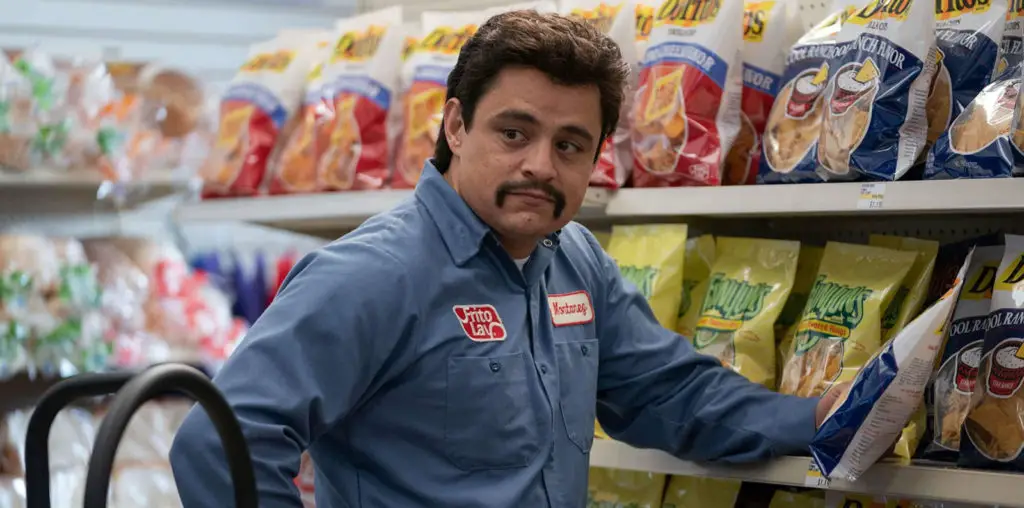
Be it pre-destined or accidental, fate plays a huge role in our lives. Fate first dealt Rene Moreno a hand that included Down Syndrome, a congenital condition caused by extra genetic material on the 21st chromosome, and the most common form of mental retardation. Then fate intervened again by making Rene and director Duane Graves neighbors.
The two spent their childhood summers in San Antonio, conspiring together on ultra-bad home movies shot by Graves and starring Moreno, often as a deranged monster of some sort.
In “Up Syndrome,” Graves’ feature debut, the University of Texas at Austin film student turns his camera on Moreno again. Only this time, he doesn’t depict his star as a horrific monster or a deranged lunatic, but simply as himself; a complex and engaging young man struggling to cope with a serious disease — and the world’s attitudes towards its sufferers — as he matures into adulthood.
Graves follows a simple philosophy with regard to shooting this video feature: If something was important to Rene, then Graves was there with a camera. Thus, we’re witnesses to such major events in Rene’s life as his high school graduation, his competing in the Special Olympics, and the birth of his nephew, Ian.
However, these signature moments take up less screen time — and make less of an impact — than the footage of Rene simply addressing the camera. Here, he addresses such seemingly mundane stuff as his job, his troubled relationship with his girlfriend, Stephanie, and his growing desire to move out of his parents’ home. Of course, issues like these are exactly what consumes the attention of everyone else in the world. Thus, watching Rene deal with these very same issues humanizes him in a way no over-produced network piece ever could.
Not all of “Up Syndrome” is so serious, however. One particularly inspired sequence shows Rene mimicking various movie action scenes, set to an awesome collection of sound effects. Another hilarious sequence shows Rene, um, “singing,” for lack of a better description, while various distressed dogs, cats, squirrels, and other animals run for cover.
The downside to “Up Syndrome” is simply that it’s too long and somewhat repetitious. This either numbs the viewer to what he or she is watching, or waters down several poignant sequences. Rene urges us not to shoot guns, for instance…then takes great delight in pretending to play “COPS”. A chilling juxtaposition, undercut by the “COPS” bit dragging on interminably. In instances such as these, Graves would have been much better served cutting his film back to a more television-friendly length.
On the other hand, the best thing about “Up Syndrome” is the absence of any pedantic narrator or talking heads discussing Rene or his affliction. The result is a variation on that old script writing rule, whereby Rene “shows” us his story, rather than having others “tell” it to us for him.
Fate, it would seem, has intervened once again, as Duane Graves has brought us a memorable experience in “Up Syndrome”; one that serves his childhood friend — and others like him — well.
